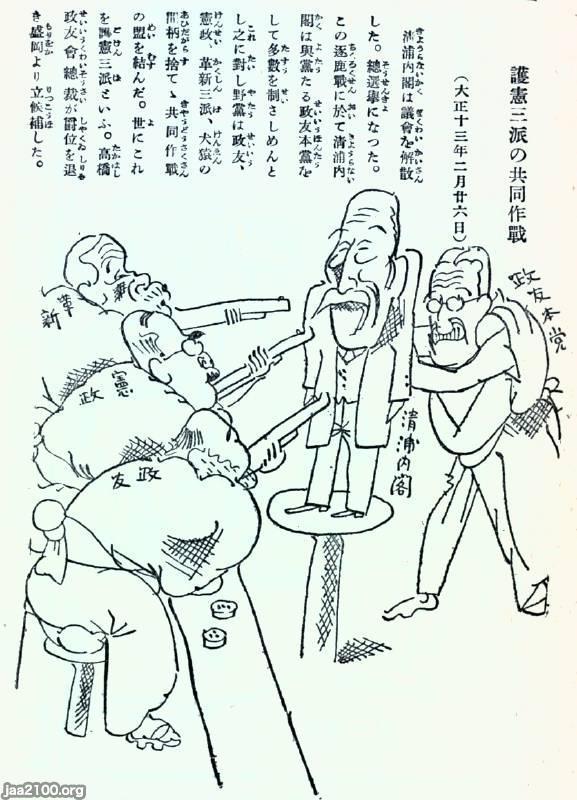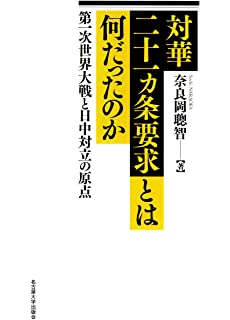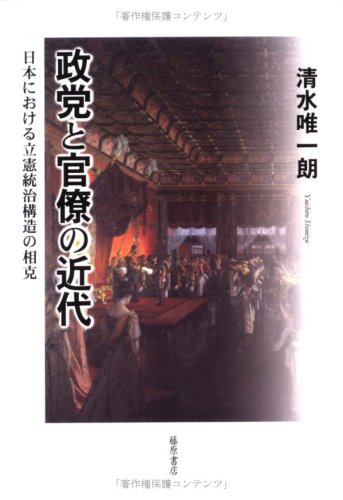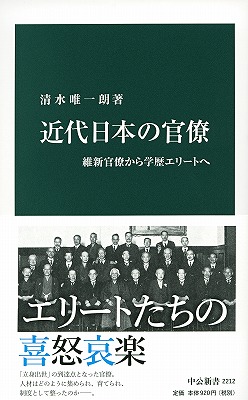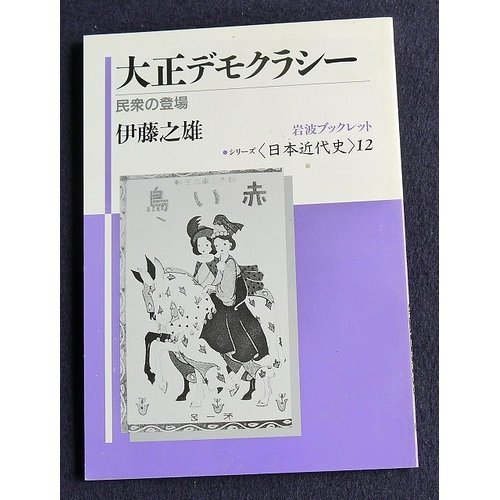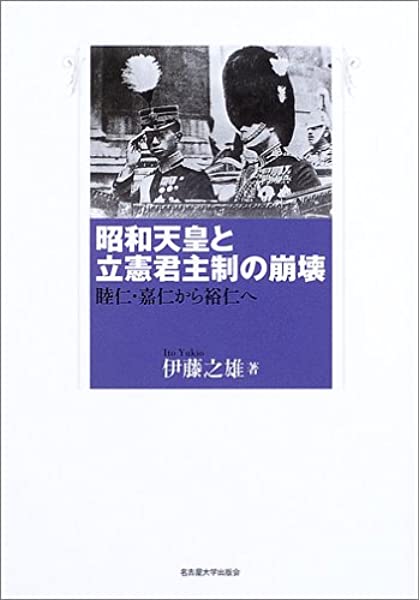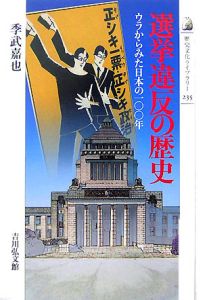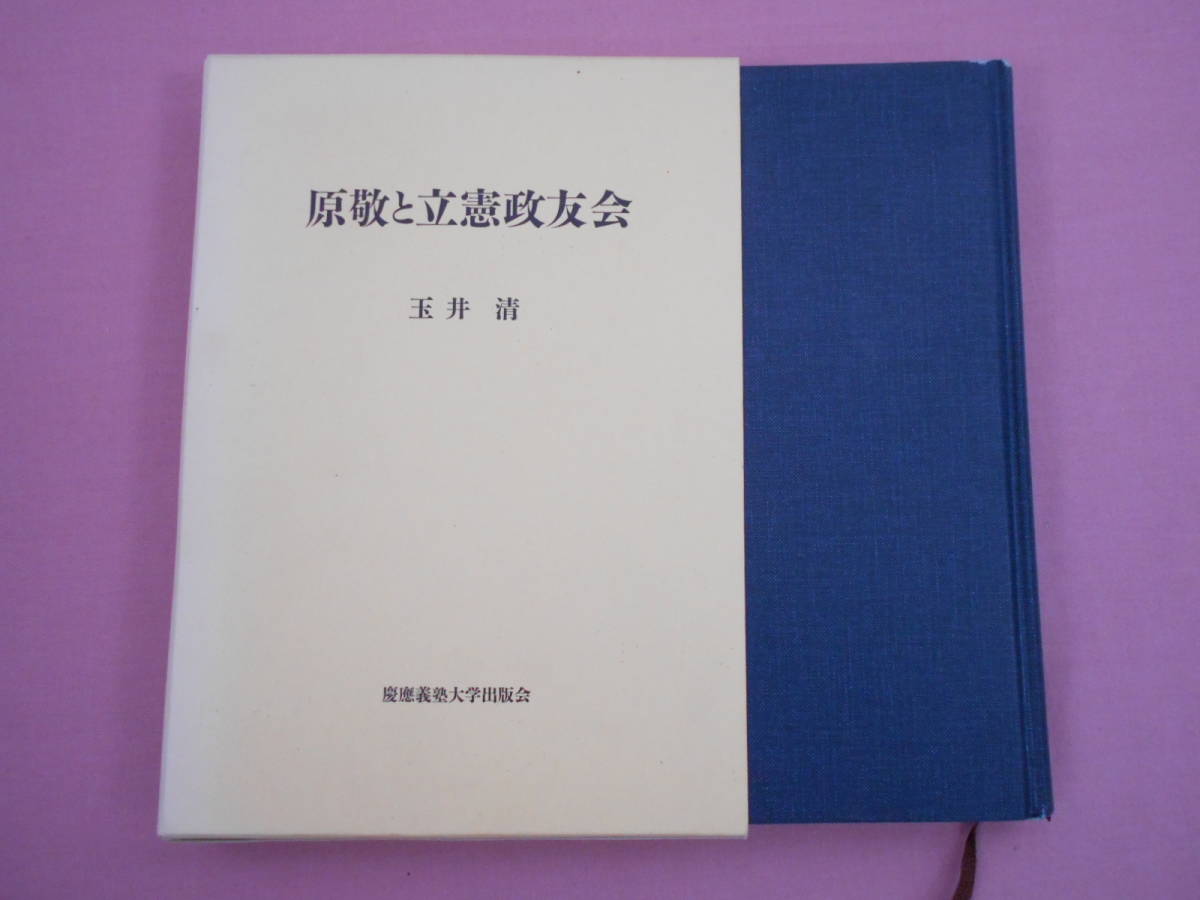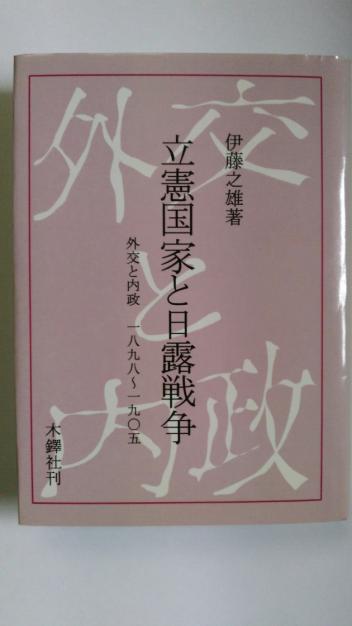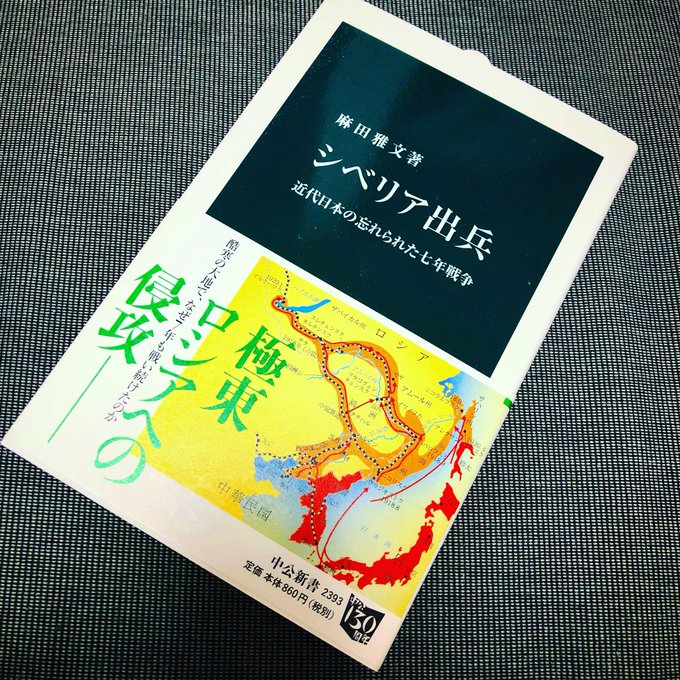Many of the problems I have with the historiography on interwar and wartime Japan has to do with how we narrate the transitions between the 1920s and 1930s and hence, how we talk about Taishō democracy and the so-called "New Japan" of the post-WW1 era. A small thread 1/
Histories of the 1920s and 1930s continue to be defined by discontinuities - none more so than when we discuss the suspension of party government after the Manchurian incident in 1931, as a sudden and violent end, one driven by the armies of the imperial periphery 2/
Great Depression or political violence on the streets of Imperial Tokyo. Personally, I have always found this rather unconvincing. A kind of history narrated around discontinuous "moments" disconnected from the complexities of the lived reality of the politics of the era 3/
Despite soaring rhetoric of "Movement for Constitutional Government," "normal constitutional government," or "universal manhood suffrage," the realities of party politics in the 1920s were bleak: internecine and destructive political competition, massive electoral corruption, 4/
pork barrel politics - think Russia circa 1990s. In other words, what I want to argue, is that we need to move beyond the idea of a "New Japan" which obscures more than it really enlightens. Instead what I want to argue is for the need to reclaim the political complexities 5/
of the era. Here are a few of the works which have been instrumental in shaping my understanding. First, are two by my Kyoto Uni senpai, Naraoka Sōchi 奈良岡聰智 which delves into the politics of the Twenty-one demands and development of party government in the 1920s.
Next, is the works by another senpai, Shimizu Yuichirō 清水唯一朗 of Keio University on the parties and bureaucracy of the period. No one else makes such a powerful case for the relationship between the advance of party government and the bureaucracy than he does.
Perhaps the most influential has been Professor Itō Yukio 伊藤之雄, whose Modern History seminar at Kyoto University on a Friday morning shaped so much of what I know about modern Japanese politics. Here are but a few of his works.
I would be remiss to ignore the work by Suetake Yoshiya 季武 嘉也 on the continuities in terms of national unity between the 1920s and 1930s which more than any makes clear the essential continuities between both eras.
For a good insight into party politics and how elections were actually fought you cannot go past the works of Tamai Kiyoshi 玉井清
For a hint of the importance of the Russo-Japanese War and Siberian intervention to party politics in the 1920s and its implications on political history, one cannot go further than Itō Yukio and Asada Masafumi 麻田雅文 work.
Of course this list is not exhaustive, nor does not cover the Anglophone historiography. What it does hopefully do is provides an insight into some of the new avenues down which Japanese historians are venturing. And which are essential to our own understanding.

 Read on Twitter
Read on Twitter